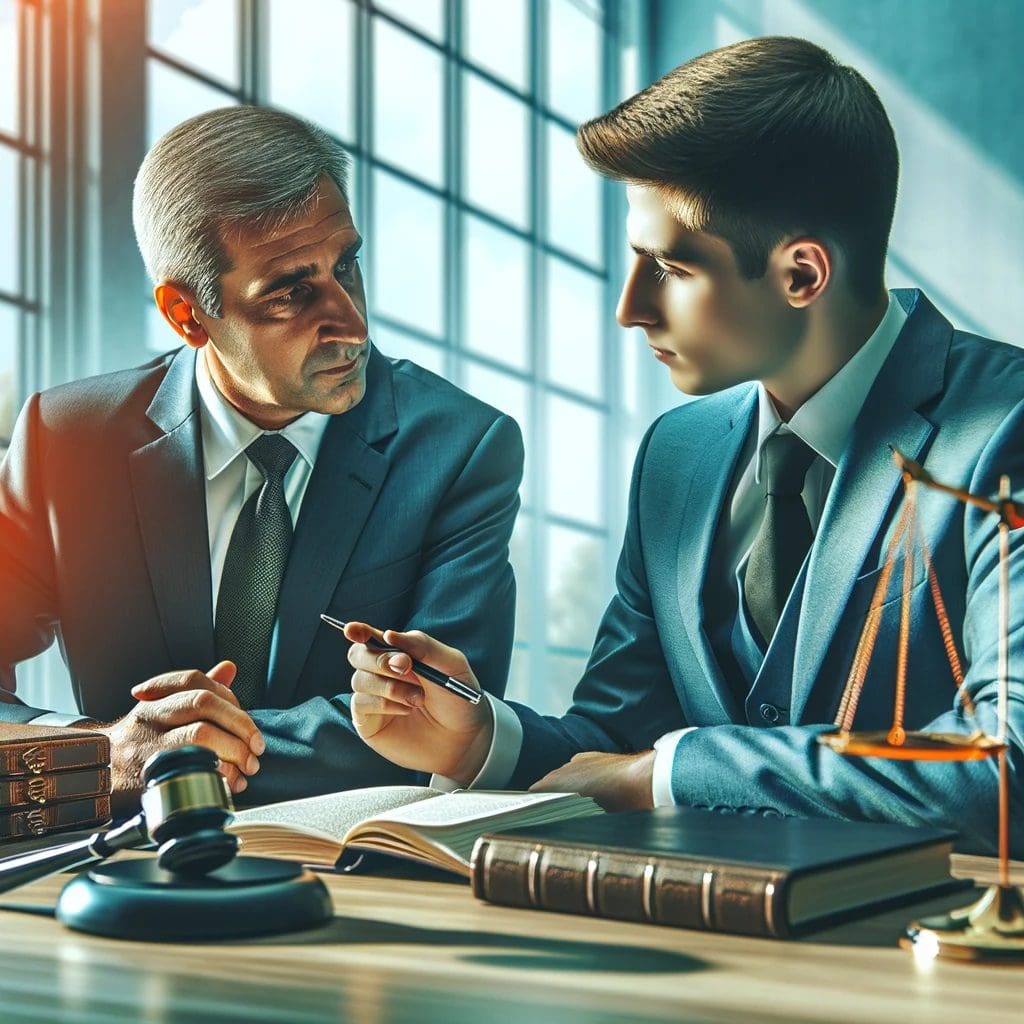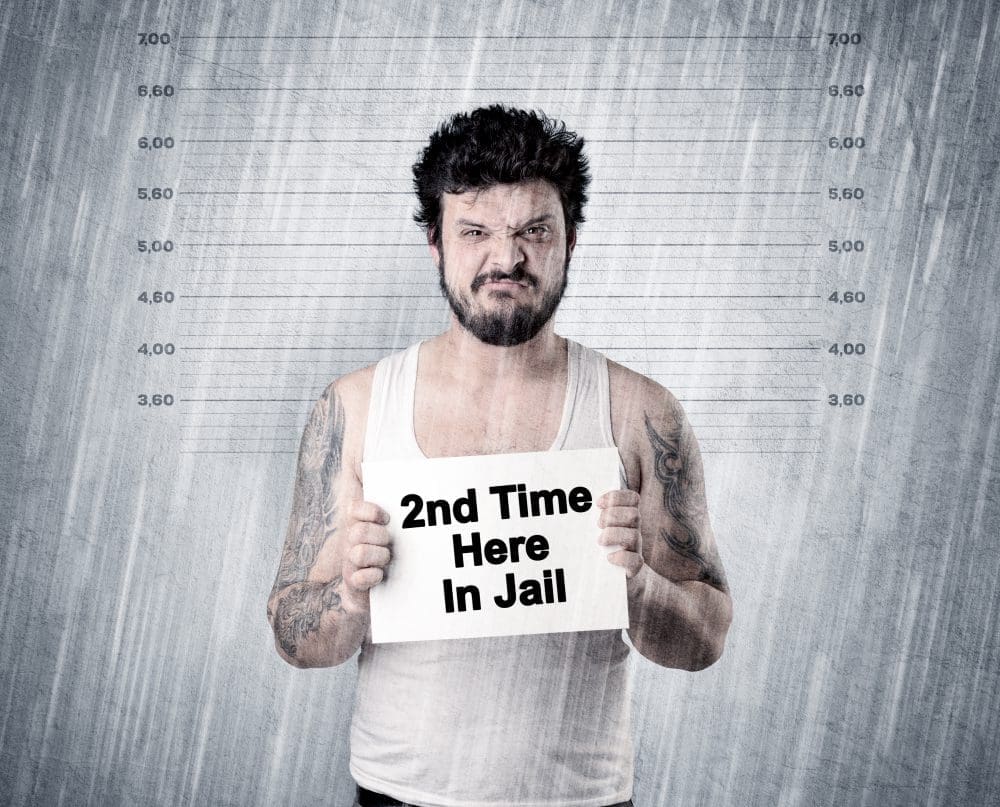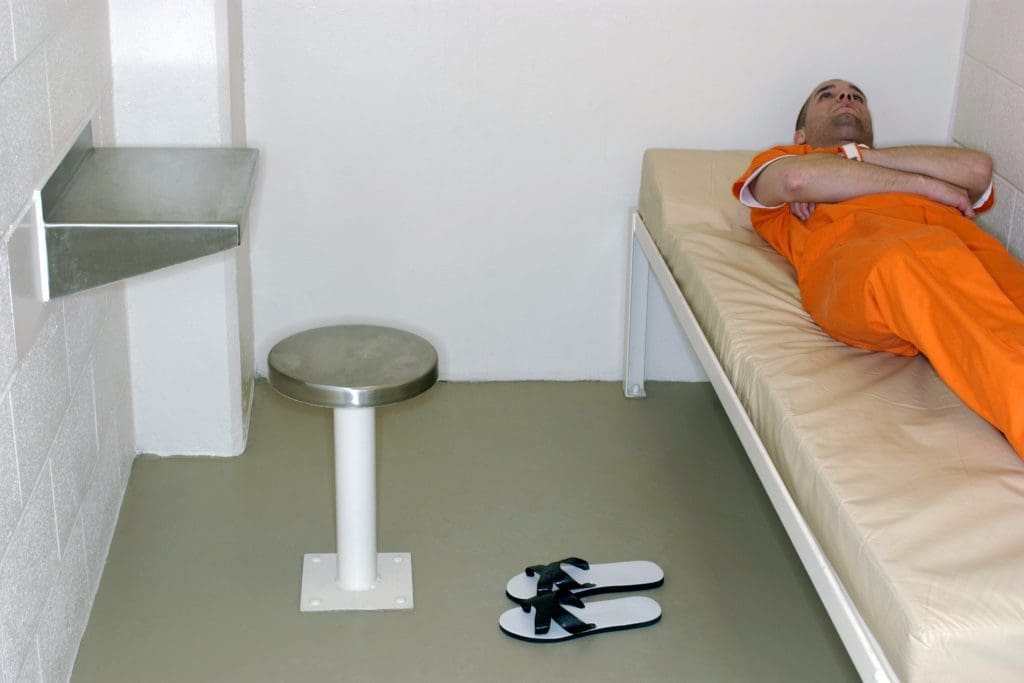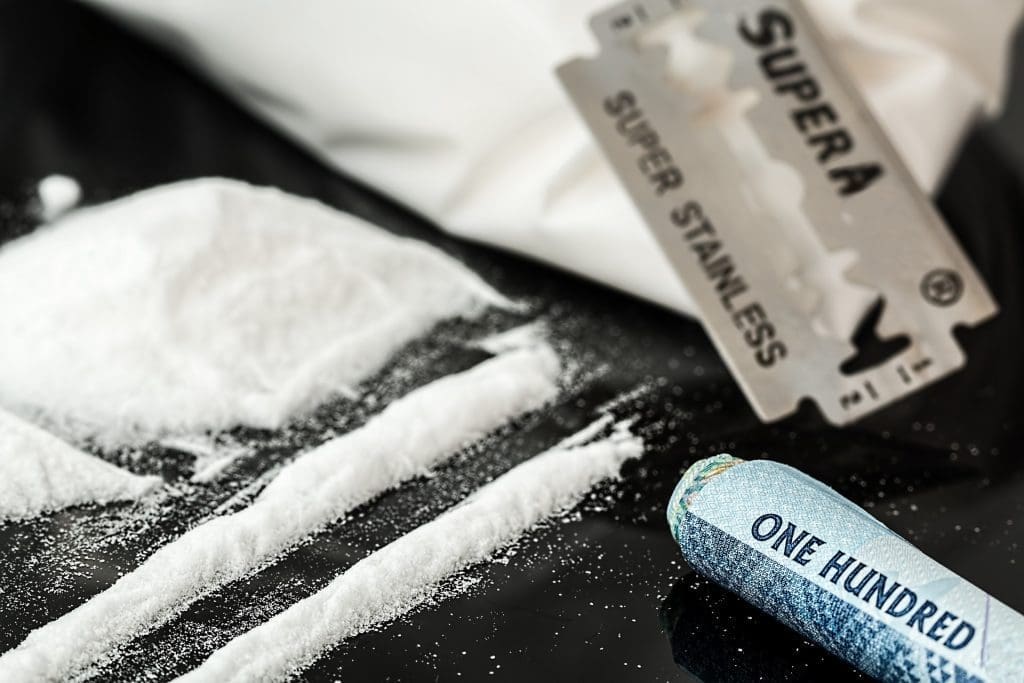Misdemeanor

Legal Guide to Misdemeanor Charges: Rights, Processes, and Consequences
A misdemeanor is a type of criminal offense that is less serious than a felony but more severe than an infraction. It includes a wide range of criminal activities, such as petty theft, simple assault, and some traffic violations.
Understanding the legal implications of a misdemeanor charge is crucial. Unlike felonies, misdemeanors carry lighter penalties, which can include fines, probation, community service, and short jail terms. However, the impact on one’s record and daily life can be significant.
The legal process for misdemeanors generally involves an arrest, arraignment, plea bargaining, and possibly a trial. At arraignment, defendants are informed of the charges and their rights. They can plead guilty, not guilty, or no contest. Plea bargaining can often lead to reduced charges or penalties.
One of the key aspects of handling a misdemeanor case is understanding the rights of the accused. This includes the right to legal representation, the right to a fair and speedy trial, and the right to remain silent.
Misdemeanor convictions can have long-term consequences. A criminal record can affect employment opportunities, housing applications, and even educational prospects. Therefore, it is essential to approach these charges with seriousness and informed legal strategy.
For those unable to afford a lawyer, public defenders are available. It is important to make informed decisions about legal representation, whether choosing a public defender or a private attorney.
In conclusion, misdemeanors are a significant part of the criminal justice system. Understanding their legal implications is essential for those charged with such offenses and for anyone interested in the workings of the legal system.
Furthermore, the impact of misdemeanors varies by jurisdiction. Different states and countries may have varying definitions and penalties for misdemeanor offenses, making knowledge of local laws crucial.
Diversion programs are often available for misdemeanor offenses, especially for first-time offenders. These programs aim to rehabilitate rather than punish, focusing on counseling, education, and community service.
The role of the prosecutor in misdemeanor cases is also significant. They decide whether to file charges and are often open to negotiations regarding plea deals. Understanding their perspective can be crucial in legal strategy.
Lastly, the societal and personal implications of misdemeanors should not be underestimated. They reflect a society’s stance on lesser criminal behaviors and can be indicative of broader social issues.
In summary, navigating the legal landscape of misdemeanors requires an understanding of the law, rights, and the potential consequences. Effective legal counsel and informed decision-making are key to managing such charges.






